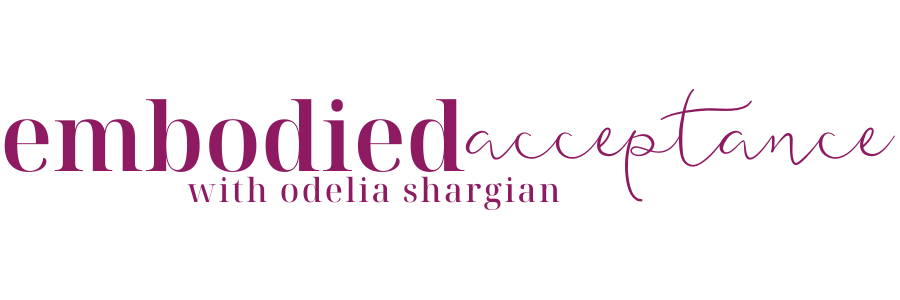Running from conflict isn’t about other people … it’s about you.
We all have different relationship tendencies. It depends on our attachment styles.
Some of us have a secure attachment style.
But most of us fall under “insecure,” which includes the anxious, avoidant and disorganized styles.
People with an avoidant attachment style tend to be the “lone wolfer” type.
They appear strong, self-sufficient and independent. As children they usually had parents who were strict and emotionally unavailable.
They were most likely discouraged from expressing emotion as well.
Anxious styles, go towards others in times of conflict. This is an attempt to deal with their fear of abandonment. For example, they’ll keep asking, “Is there anything wrong with us?” when you were just tired last night..
But if you’re avoidant you might move away from someone as soon as you detect any sign of tension.
If you avoid others in times of conflict, you’ll also dismiss, deny or ignore your inner states.
This is because our relationship tendencies get mirrored in our inner experiences.
If you feel upset about something that happened, it’s likely that some other part of you will come up and say, “There’s nothing to be upset about here”.
That second part comes up because it represents what you heard growing up. This is what you had to adopt in order to protect the part of you that wanted to express your hurt, but couldn’t.
In some cases your dissociation from the “feeling part” is so strong that it might be hard for you to even tell it’s there.
When I work with clients that have a hard time connecting with a feeling state I give them a lot of space to sense whatever degree of feeling they CAN detect, no matter how small it is.
They might say, “There’s something there but I can hardly feel it. I don’t know what it is”.
I’ll reflect, “You’re feeling something there” and I’ll invite them to take their time to just be with it.
At some point they might be ready to describe whatever there is which will help it grow in their awareness and that will help them strengthen their connection to their inner states.
